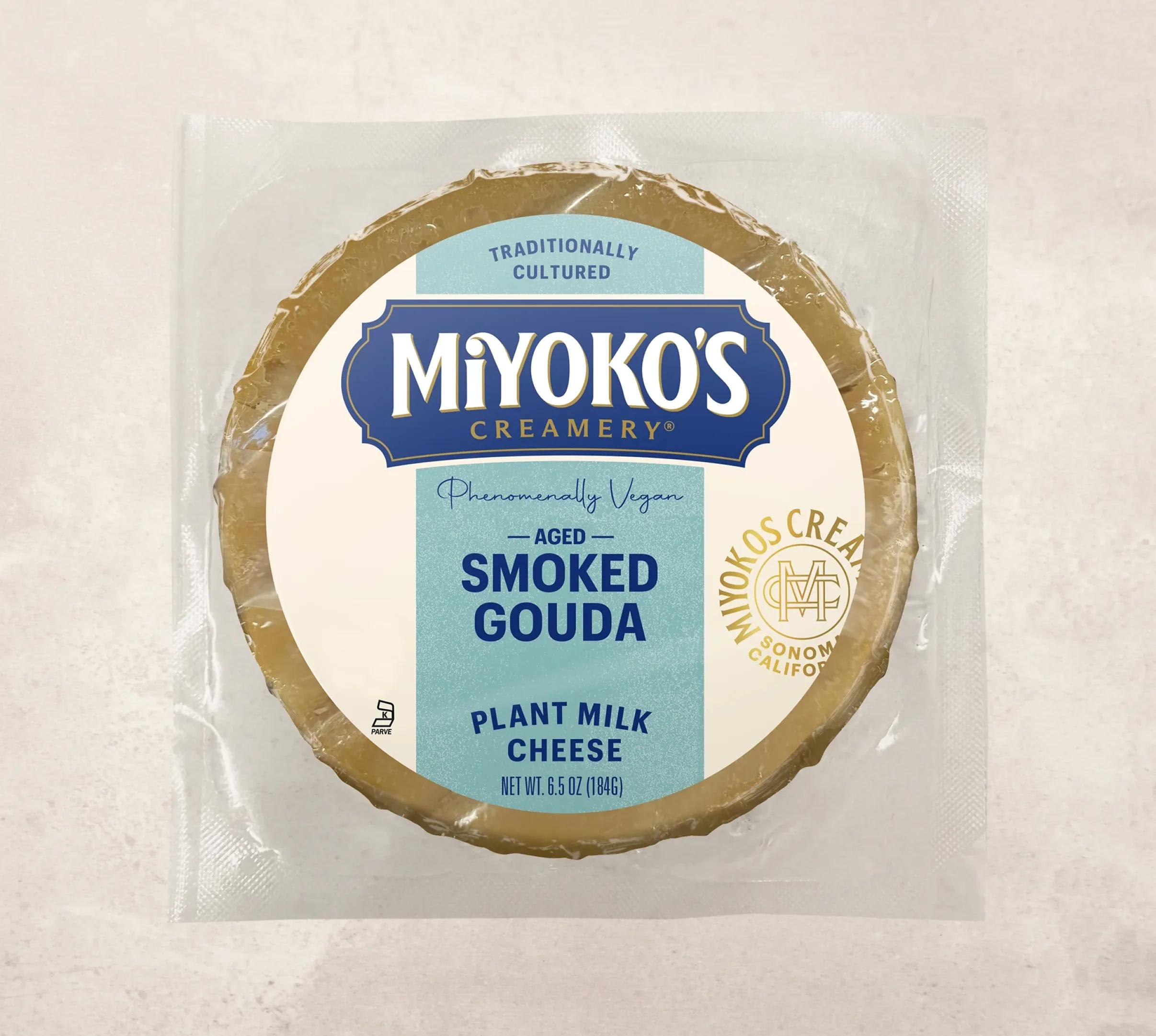Gouda cheese is a popular choice for cheese lovers around the world. Its smooth texture and rich flavor make it a versatile ingredient in a variety of dishes. However, for those following a vegetarian diet, there can be some concerns about the use of animal rennet in the production of Gouda cheese. In this article, we will explore the process of making Gouda cheese and whether or not it is suitable for vegetarians.

The Manufacturing Process
The production of Gouda cheese involves several key steps. The milk used in the process is thermized and standardized to control the fat content. It is then pasteurized and pumped into cheese vats. During this process, the milk may undergo bactofugation to reduce the number of bacteria present. The heat treatment applied must be sufficient to kill harmful microorganisms while ensuring that the whey proteins are not denatured.
For Dutch-type cheeses like Gouda, the milk is coagulated using renneting enzymes, typically a chymosin preparation derived from calves. This enzyme, along with a mesophilic starter and calcium chloride, helps to control the coagulation process. Other additives such as nitrate and coloring agents like annatto or carotene may also be used.
After coagulation, the curd is cut into small particles and a portion of the whey is removed. Warm water is then added to the curd, which serves to reduce the lactose content and enhance the syneresis process. The amount of curd washwater added depends on the desired pH of the final cheese. The scalding temperature is also important in influencing the dry matter content of the cheese. Syneresis, the expulsion of whey from the curd, is enhanced by factors such as cutting, acidification, temperature increase, and stress.
Once the curd is formed, it is collected under the whey to exclude air and allow for further whey drainage. The curd is then pressed in perforated molds to remove excess whey and create a rind. The rind formation is important for natural-ripening cheese as it protects the cheese from the penetration of microorganisms during brining and ripening.
During the ripening process, the integrity of the rind is maintained. Coating the cheese with a polyvinyl acetate-based layer helps to reduce water evaporation and protect the cheese from undesirable bacteria and mold growth. The cheese is typically ripened at a moderate temperature, around 13°C.

Is Gouda Cheese Vegetarian?
The use of animal rennet in the production of Gouda cheese raises concerns for vegetarians. Rennet is a complex enzyme mixture derived from the stomach lining of young animals, traditionally calves. It is used to coagulate milk and separate it into curds and whey. However, there are vegetarian alternatives to animal rennet that can be used in cheese production.
While traditional Gouda cheese is made using animal rennet, there are vegetarian versions available. These cheeses are made using microbial or plant-based rennet alternatives. Microbial rennet is produced using genetically modified microorganisms, while plant-based rennet is extracted from certain plants, such as thistle or fig leaves.
When purchasing Gouda cheese, it is important to look for labels indicating that it is suitable for vegetarians. These labels may state that the cheese is made with microbial or plant-based rennet. By choosing vegetarian-friendly Gouda cheese, vegetarians can enjoy this delicious cheese without compromising their dietary choices.
Gouda cheese is a popular choice for its smooth texture and rich flavor. While traditional Gouda cheese is made using animal rennet, there are vegetarian alternatives available. Vegetarian-friendly Gouda cheese is made using microbial or plant-based rennet, allowing vegetarians to enjoy this delightful cheese. When purchasing Gouda cheese, it is important to look for labels indicating that it is suitable for vegetarians. So, go ahead and indulge in the smoky goodness of vegetarian-friendly smoked Gouda cheese!
If you want to know other articles similar to Vegetarian-friendly smoked gouda cheese: exploring production and alternatives you can visit the Cheese production category.
